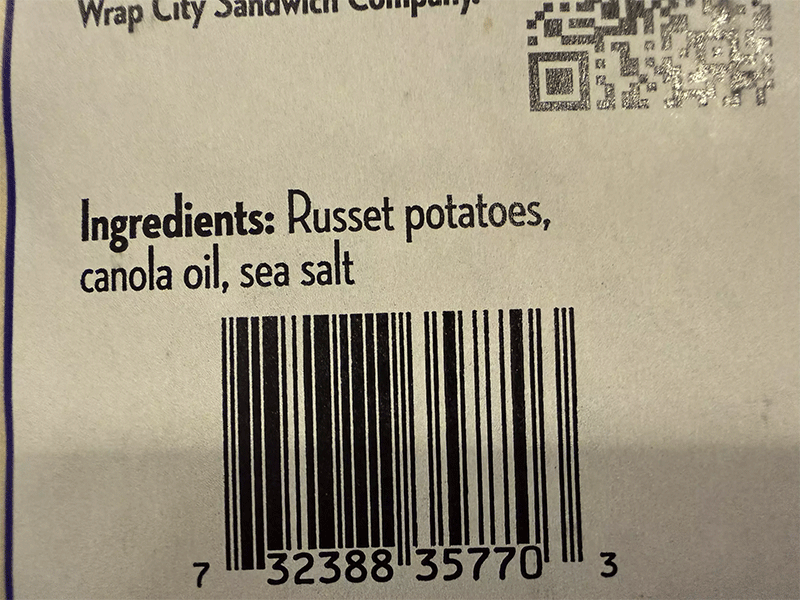Scientists at the University of Florida developed an innovative modeling approach to the assessment of climate adaptation and mitigation opportunities in fruit and vegetable supply chains and found out in this respect that French fries, as well as pasta sauce, are surprisingly resilient to climate change.
This methodology uses the best technology available today, the resulting forecasts should be treated with some caution, said Clyde Fraisse, who follows Senthold Asseng in leading the research team behind the study.
“This research represents the first time scientists have been able to evaluate how changes in our climate and increased competition for resources will impact farmers’ ability to increase production of fruits and vegetables,” said Clyde Fraiss, a professor in the UF/IFAS department of agricultural and biological engineering, cited by University of Florida Blogs. He follows Senthold Asseng in leading the research team behind the study.
The innovative methodology includes climate, crop, economic, and life cycle assessment (LCA) models, applied to US potato and tomato supply chains. The crop modeling shows that planting strategies can be used to avoid higher temperatures. Land and water footprints will decline over time due to higher yield, and greenhouse gas emissions can be mitigated by waste reduction and process modification.
“[…] Employing such methods will be essential as food systems are forced to adapt and transform to become carbon neutral due to the imperatives of climate change,” the authors said.
The new research, published in Nature Food, is supported by a grant from the National Institute of Food and Agriculture, a branch of the US Department of Agriculture. The research team has been co-led by UF/IFAS scientists, including Fraisse, Gerrit Hoogenboom, professor of agricultural and biological engineering, and former UF/IFAS professor Senthold Asseng, who is now director of the World Agricultural Systems Center at the Technical University Munich.
The interdisciplinary research team includes other scientists from the International Food Policy Research Institute, University of Arkansas, University of Illinois, Washington State University, and the World Agricultural Economic and Environmental Services.





